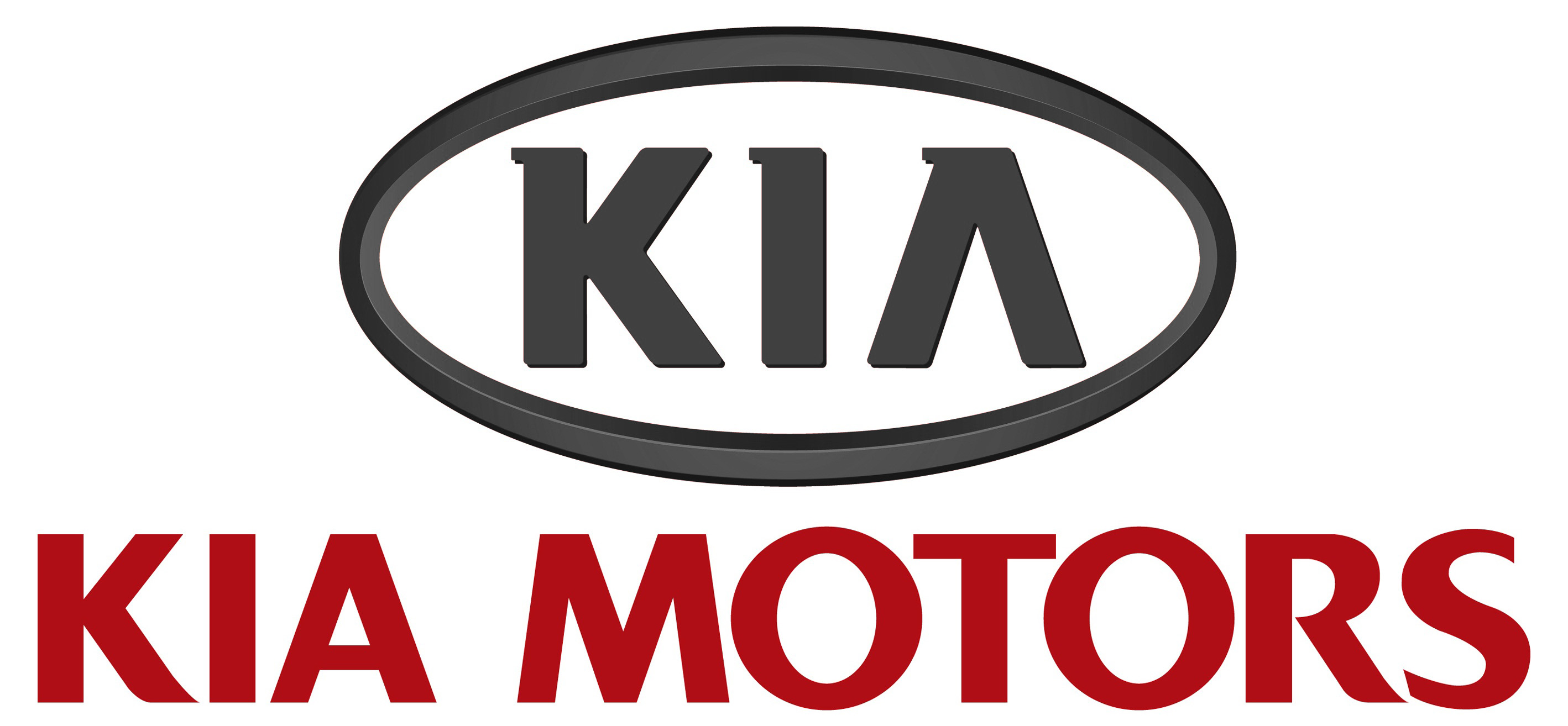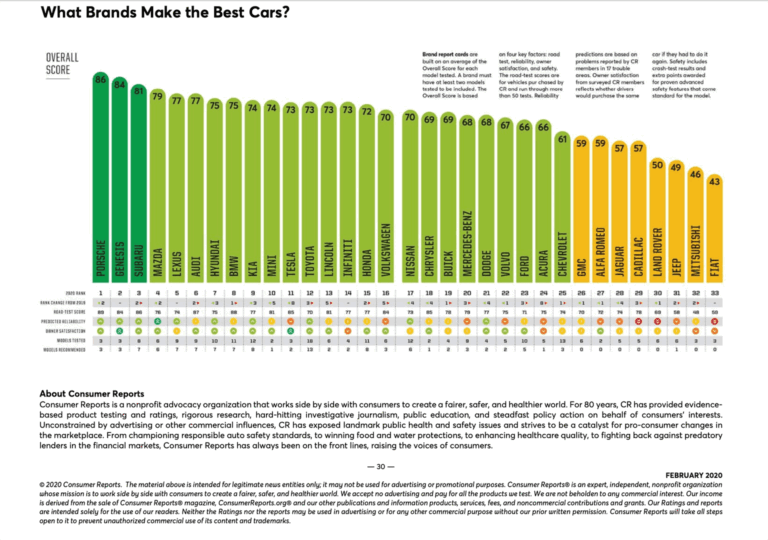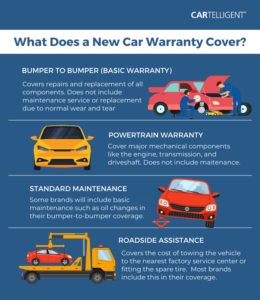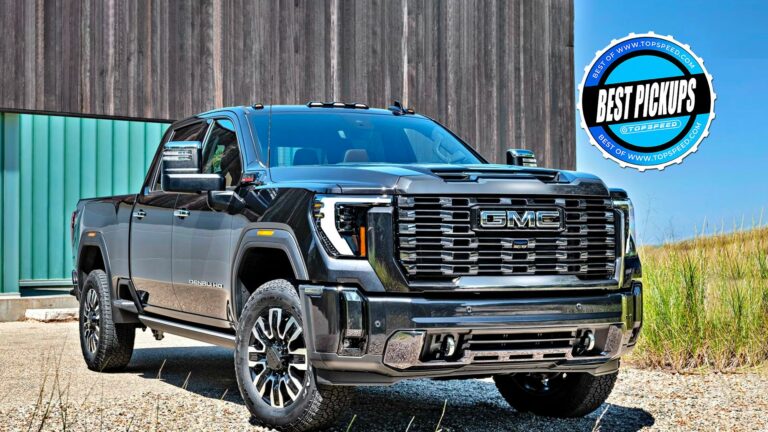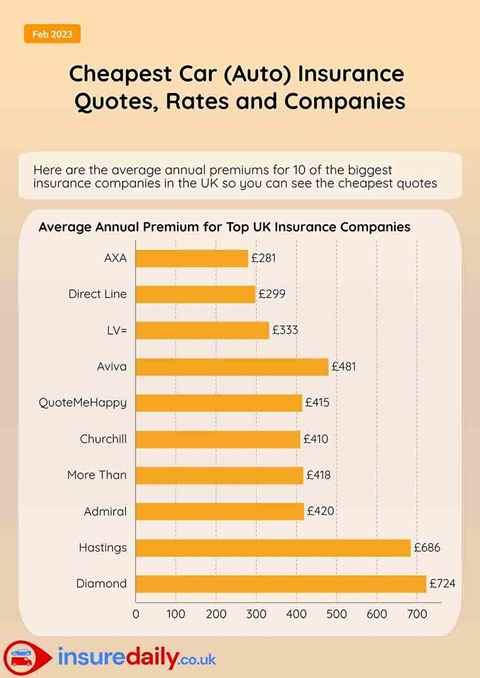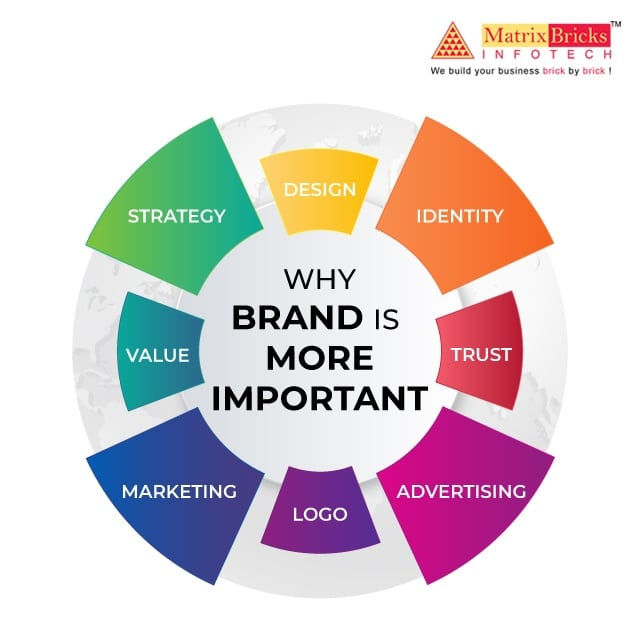Korean Car Brands: A Comprehensive Guide to Automotive Excellence
Korean Car Brands: A Comprehensive Guide to Automotive Excellence cars.truckstrend.com
Introduction
In the dynamic world of automotive manufacturing, Korean car brands have emerged as formidable forces, transforming from budget-friendly options into global powerhouses renowned for their innovative design, advanced technology, impressive reliability, and exceptional value. Once viewed as mere challengers to established Western and Japanese giants, brands like Hyundai, Kia, and Genesis have not only caught up but, in many aspects, have surpassed their competitors, setting new benchmarks in various segments. This comprehensive guide delves into the fascinating journey and current landscape of Korean car brands, exploring their evolution, key offerings, technological prowess, and what makes them an increasingly popular choice for discerning buyers worldwide. Understanding the strengths and distinct personalities of these brands is crucial for anyone considering their next vehicle, offering a glimpse into a future where Korean automotive ingenuity continues to lead the way.
Korean Car Brands: A Comprehensive Guide to Automotive Excellence
The Ascent of Korean Automakers: From Niche to Global Dominance
The story of Korean car brands is one of remarkable perseverance, strategic investment, and rapid evolution. Starting largely in the post-Korean War era, the initial focus was on meeting domestic demand with basic, affordable transportation. For decades, Korean cars struggled with a perception of being less refined and reliable compared to their European, American, and Japanese counterparts. However, this began to change dramatically in the late 20th and early 21st centuries.
Hyundai Motor Company, founded in 1967, and Kia Motors, established in 1944 (though primarily focused on bicycles and motorcycles initially), spearheaded this transformation. Through aggressive investment in R&D, design, and manufacturing quality, they systematically addressed their weaknesses. The acquisition of Kia by Hyundai in 1998 formed the Hyundai Motor Group, a synergistic alliance that further accelerated their growth. This conglomerate strategically hired top international talent, particularly in design and engineering, and poured resources into developing proprietary platforms, engines, and advanced technologies. This relentless pursuit of excellence, coupled with competitive pricing and industry-leading warranties, allowed Korean brands to shed their former image and carve out a significant share of the global automotive market, competing directly with premium brands.
Key Korean Car Brands and Their Distinct Offerings
While Hyundai Motor Group dominates the landscape, other notable players contribute to the diversity of the Korean automotive industry.
1. Hyundai: The Pillar of Innovation and Versatility
Hyundai is the cornerstone of the Korean automotive industry, offering an incredibly broad range of vehicles that cater to almost every segment imaginable. From compact city cars like the Venue and Accent to popular SUVs such as the Tucson and Santa Fe, and the sleek Sonata and Elantra sedans, Hyundai provides options for every lifestyle and budget.
Key Strengths:
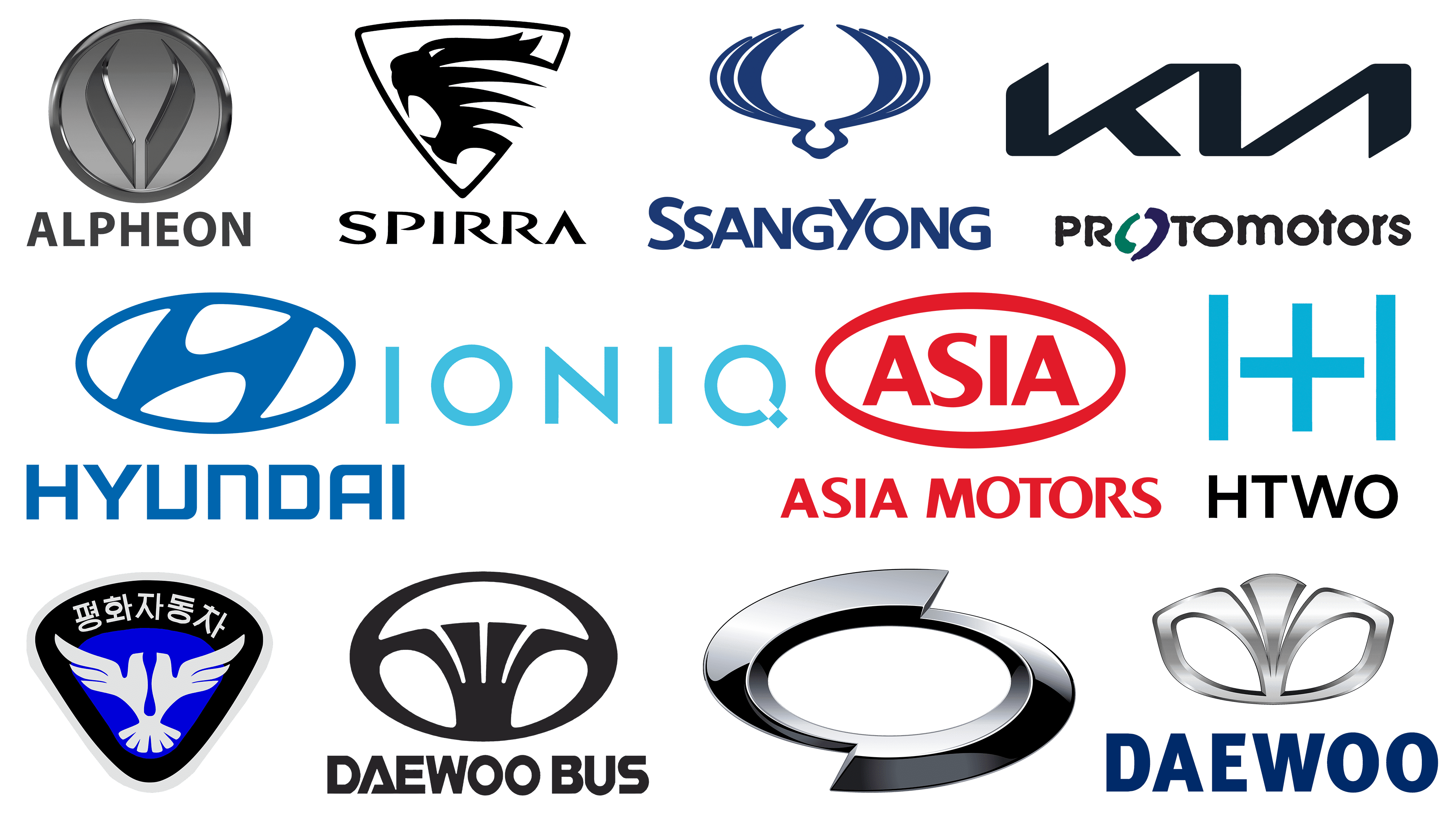
- Comprehensive Lineup: Hyundai’s portfolio includes everything from fuel-efficient hybrids (Kona Hybrid, Sonata Hybrid) to cutting-edge electric vehicles (IONIQ 5, IONIQ 6) and even a hydrogen fuel-cell vehicle (Nexo).
- Advanced Technology: Hyundai cars are packed with user-friendly infotainment systems, comprehensive safety suites (SmartSense), and advanced driver-assistance systems (ADAS).
- Design Language: Modern Hyundai vehicles feature bold, distinctive designs, moving away from generic styling to create a unique brand identity.
- Performance: The N performance division offers exhilarating driving experiences with models like the Elantra N and Kona N, appealing to enthusiasts.

2. Kia: The Design-Driven Challenger with a Sporty Edge
Kia, a subsidiary of Hyundai Motor Group, has carved out its own identity with a focus on bold design, sportiness, and an impressive suite of technological features. Under the guidance of renowned designers like Peter Schreyer, Kia transformed its image, becoming synonymous with stylish and contemporary vehicles.
Key Strengths:
- Award-Winning Design: Kia’s vehicles, from the compact Forte to the popular Sportage and the family-friendly Telluride, are often lauded for their striking aesthetics and thoughtful interiors.
- Performance and Dynamism: Kia often infuses a sportier driving dynamic into its models, evident in vehicles like the K5 sedan and the Stinger grand tourer (now discontinued but influential).
- Electric Vehicle Prowess: Kia is at the forefront of the EV revolution with its highly acclaimed EV6 and EV9, built on the dedicated E-GMP platform, offering impressive range and fast charging capabilities.
- Value Proposition: Similar to Hyundai, Kia offers excellent value for money, combining advanced features with competitive pricing and strong warranties.
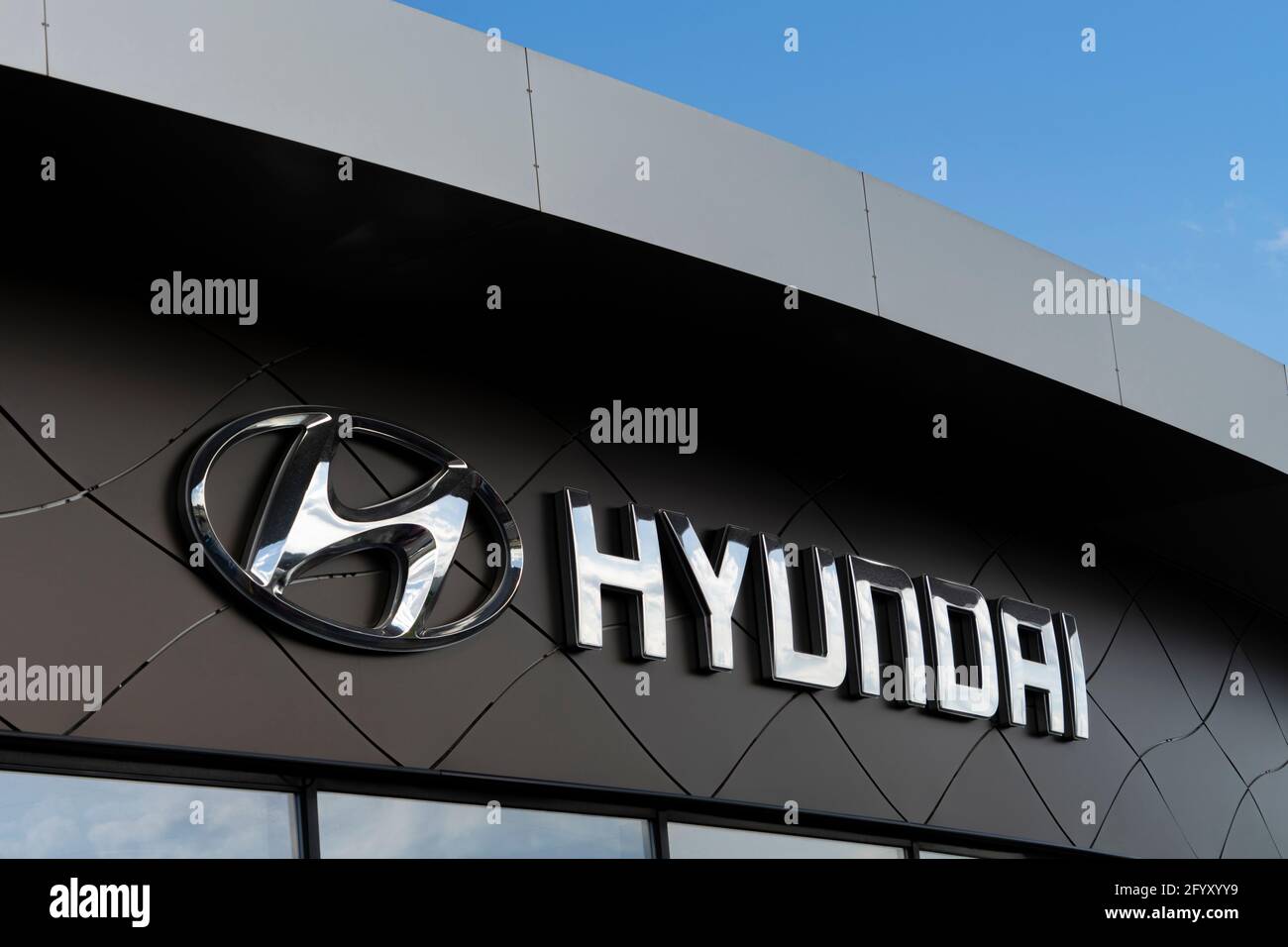
3. Genesis: The Luxury Standard Bearer
Launched as Hyundai’s standalone luxury division in 2015, Genesis has rapidly established itself as a credible competitor to established luxury brands like BMW, Mercedes-Benz, and Audi. Genesis focuses on exquisite design, premium materials, sophisticated technology, and an unparalleled ownership experience.
Key Strengths:
- Distinctive Design: Genesis vehicles, characterized by their "Athletic Elegance" design philosophy, feature signature quad lamps and a bold crest grille, creating an unmistakable presence.
- Luxurious Interiors: Cabins are crafted with high-quality materials, meticulous attention to detail, and advanced ergonomic design, offering a serene and comfortable experience.
- Advanced Technology and Safety: Genesis models are equipped with cutting-edge infotainment systems, extensive ADAS features, and innovative safety technologies.
- Performance: Genesis offers powerful engine options and refined driving dynamics, delivering a smooth yet engaging ride. Popular models include the G70, G80, and GV70, and the upcoming GV60 EV.
4. KG Mobility (formerly SsangYong Motor Company): The SUV & 4×4 Specialist
SsangYong, now rebranded as KG Mobility after a tumultuous period and acquisition by the KG Group, has historically specialized in rugged SUVs, 4x4s, and commercial vehicles. While smaller in global footprint compared to Hyundai and Kia, KG Mobility maintains a niche with its focus on utility and off-road capability.
Key Strengths:
- Robust SUVs: Models like the Rexton and Korando are known for their sturdy construction and off-road prowess.
- Value in Utility: KG Mobility often provides more affordable options in the SUV segment, appealing to buyers prioritizing practicality and capability.
- Future Focus: With the KG Mobility rebranding, there’s a renewed focus on electric vehicles and future mobility solutions, aiming for a broader appeal.
5. Renault Korea Motors (formerly Renault Samsung Motors): The International Hybrid
Renault Korea Motors, previously known as Renault Samsung Motors, represents a unique blend of Korean manufacturing and French automotive design and engineering. Owned primarily by Renault, it produces vehicles for both the domestic Korean market and for export under Renault and Samsung badging.
Key Strengths:
- European Design & Engineering: Benefits from Renault’s global platforms and design expertise, often resulting in stylish and refined vehicles.
- Quality Manufacturing: Leverages Korea’s high manufacturing standards.
- Unique Market Position: Offers a distinct alternative within the Korean market, blending local production with international flair.
Why Choose a Korean Car? Benefits & Advantages
The ascendancy of Korean car brands is no accident; it’s built on a foundation of compelling advantages:
- Exceptional Value for Money: Korean brands consistently offer a superior package of features, technology, and quality at competitive price points compared to their rivals.
- Advanced Technology and Connectivity: From large touchscreen infotainment systems with Apple CarPlay/Android Auto to sophisticated navigation, digital instrument clusters, and comprehensive ADAS (Advanced Driver-Assistance Systems), Korean cars are at the forefront of automotive tech.
- Bold and Modern Design: Gone are the days of bland designs. Korean vehicles now boast some of the most striking and distinctive aesthetics in the industry, often winning international design awards.
- Impressive Reliability and Industry-Leading Warranties: Hyundai and Kia are renowned for their long warranties (e.g., 10-year/100,000-mile powertrain warranty in the US), reflecting their confidence in product quality and offering significant peace of mind to buyers.
- Commitment to Electrification: Both Hyundai and Kia are aggressively pursuing electric vehicle development, with dedicated EV platforms (E-GMP) and a growing lineup of highly capable and desirable EVs, positioning them as leaders in the sustainable mobility future.
- Strong Safety Ratings: Korean vehicles consistently earn top safety ratings from organizations like the IIHS and NHTSA, thanks to robust structural designs and advanced safety features.
Technological Advancements and Future Outlook
Korean car brands are not just keeping pace; they are actively shaping the future of mobility. Their investment in R&D is evident in several key areas:
- Electric Vehicles (EVs): The E-GMP (Electric Global Modular Platform) is a game-changer, enabling vehicles like the Hyundai IONIQ 5/6 and Kia EV6/EV9 to offer ultra-fast charging, impressive range, and dynamic driving characteristics. Their future lineups will heavily feature EVs across all segments.
- Hydrogen Fuel Cell Technology: Hyundai is a pioneer in hydrogen fuel cell vehicles with the Nexo, demonstrating a commitment to diverse zero-emission solutions beyond battery EVs.
- Autonomous Driving: Both Hyundai and Kia are heavily investing in Level 2 and Level 3 autonomous driving capabilities, with features like Highway Driving Assist already widely available, and plans for more advanced systems.
- Connectivity and AI: Vehicles are becoming increasingly integrated with smart home ecosystems, voice assistants, and over-the-air (OTA) updates, enhancing convenience and personalization.
- Robotics and Urban Air Mobility (UAM): Hyundai Motor Group is exploring futuristic mobility solutions, including robotics (e.g., Boston Dynamics acquisition) and UAM concepts, indicating a broader vision beyond traditional car manufacturing.
Important Considerations When Buying a Korean Car
While the advantages are numerous, it’s always wise to consider a few points when purchasing any vehicle:
- Research Specific Models: While brand reputation is strong, individual models within each brand may have specific characteristics or features that align better with your needs.
- Test Drive Thoroughly: Experience the driving dynamics, comfort, and technology firsthand to ensure it meets your expectations.
- Understand the Warranty: Familiarize yourself with the terms and conditions of the comprehensive warranties offered, as they can vary by region.
- Service and Parts Availability: Korean brands have extensive dealer networks globally, ensuring readily available service and parts, but it’s good to confirm local support.
- Resale Value: While historically not as strong as some Japanese rivals, the resale value of popular Hyundai and Kia models has significantly improved, reflecting their increased demand and reliability. Genesis models are also holding their value well in the luxury segment.
Challenges and Evolving Perceptions
Despite their remarkable success, Korean car brands still face challenges. The primary one is overcoming residual outdated perceptions. Some consumers, particularly in older demographics, may still associate them with their budget-car past. Aggressive marketing and continued product excellence are key to changing these lingering views. Furthermore, the rise of new competitors, particularly from Chinese EV manufacturers, adds another layer of competition in the global market. Supply chain disruptions and global economic uncertainties also present ongoing hurdles. However, Korean brands’ agility, deep pockets, and commitment to innovation position them well to navigate these complexities.
Representative Price Ranges for Popular Korean Car Brands (Approximate)
Please note: Prices are highly variable based on model, trim level, optional features, region, taxes, and market conditions. These ranges are estimates for new vehicles in a general market and should be used for comparative purposes only.
| Brand / Category | Entry-Level (Sedan/Hatchback) | Compact SUV / Mid-Size Sedan | Mid-Size SUV / Larger Sedan | Luxury / Performance / EV |
|---|---|---|---|---|
| Hyundai | $19,000 – $25,000 (Venue, Elantra) | $26,000 – $35,000 (Kona, Tucson, Sonata) | $36,000 – $50,000 (Santa Fe, Palisade) | $45,000 – $70,000+ (IONIQ 5/6, Nexo, N Models) |
| Kia | $20,000 – $27,000 (Forte, K3) | $27,000 – $37,000 (Seltos, Sportage, K5) | $38,000 – $55,000 (Sorento, Telluride) | $48,000 – $80,000+ (EV6, EV9) |
| Genesis | N/A (Starts at luxury level) | $43,000 – $55,000 (G70, GV60) | $56,000 – $70,000 (G80, GV70) | $70,000 – $90,000+ (G90, Electrified G80/GV70) |
| KG Mobility | N/A | $25,000 – $35,000 (Korando, Torres) | $36,000 – $45,000 (Rexton) | $40,000 – $60,000 (Electric Models) |
| Renault Korea Motors | $22,000 – $30,000 (XM3/Arkana) | $30,000 – $40,000 (QM6/Koleos) | N/A | N/A (Some Hybrid options) |
(Note: These are illustrative price ranges. Specific model pricing will vary significantly by market and trim.)
Conclusion
The journey of Korean car brands from humble beginnings to global automotive leaders is a testament to strategic vision, relentless innovation, and an unwavering commitment to quality and value. Hyundai, Kia, and Genesis have redefined expectations, offering vehicles that excel in design, technology, safety, and reliability, all while maintaining competitive pricing and unparalleled warranties. As the industry shifts towards electrification and autonomous driving, Korean automakers are not just participating; they are actively driving the change, positioning themselves at the forefront of future mobility solutions. For consumers seeking a blend of cutting-edge features, striking aesthetics, dependable performance, and excellent value, Korean car brands present an increasingly compelling and intelligent choice, cementing their place as indispensable players on the world stage.
Frequently Asked Questions (FAQ)
Q1: Are Korean cars reliable?
A1: Yes, absolutely. Korean car brands, particularly Hyundai and Kia, have significantly improved their reliability and quality over the past two decades. They consistently rank well in consumer satisfaction and dependability surveys, often backed by some of the industry’s longest warranties (e.g., 10-year/100,000-mile powertrain warranty in the US).
Q2: Which is better, Hyundai or Kia?
A2: Both Hyundai and Kia are part of the same Hyundai Motor Group and share many platforms and technologies. The choice between them often comes down to design preference, specific model features, and driving dynamics. Kia often leans towards a sportier design and feel, while Hyundai offers a broader range and more conservative styling in some models. Both offer excellent value and reliability.
Q3: Do Korean cars have good resale value?
A3: The resale value of Korean cars has significantly improved in recent years. Popular Hyundai and Kia models now hold their value very well, comparable to many Japanese and American brands, thanks to their enhanced reputation for reliability, technology, and design. Genesis, as a luxury brand, also maintains competitive resale values.
Q4: Are Korean cars safe?
A4: Yes, Korean cars are very safe. Hyundai, Kia, and Genesis models consistently earn top safety ratings from independent organizations like the Insurance Institute for Highway Safety (IIHS) and the National Highway Traffic Safety Administration (NHTSA). They come equipped with advanced active and passive safety features, including comprehensive airbag systems, robust body structures, and sophisticated driver-assistance technologies (ADAS).
Q5: What is Genesis?
A5: Genesis is the standalone luxury brand of the Hyundai Motor Group, launched in 2015. It aims to compete directly with established luxury automakers like BMW, Mercedes-Benz, and Audi, offering premium sedans and SUVs with distinctive design, luxurious interiors, advanced technology, and a focus on refined performance and ownership experience.
Q6: Are Korean cars expensive to maintain?
A6: Generally, no. Maintenance costs for Korean cars are typically competitive and often lower than those for European luxury brands. Parts are readily available, and their long warranties cover many potential issues, reducing out-of-pocket expenses for owners.
Q7: What is KG Mobility?
A7: KG Mobility is the new name for SsangYong Motor Company, a Korean automaker that specializes in SUVs, 4x4s, and commercial vehicles. After facing financial difficulties, it was acquired by the KG Group and rebranded in 2023. KG Mobility aims to strengthen its position in the SUV market and expand into electric vehicles and future mobility solutions.
